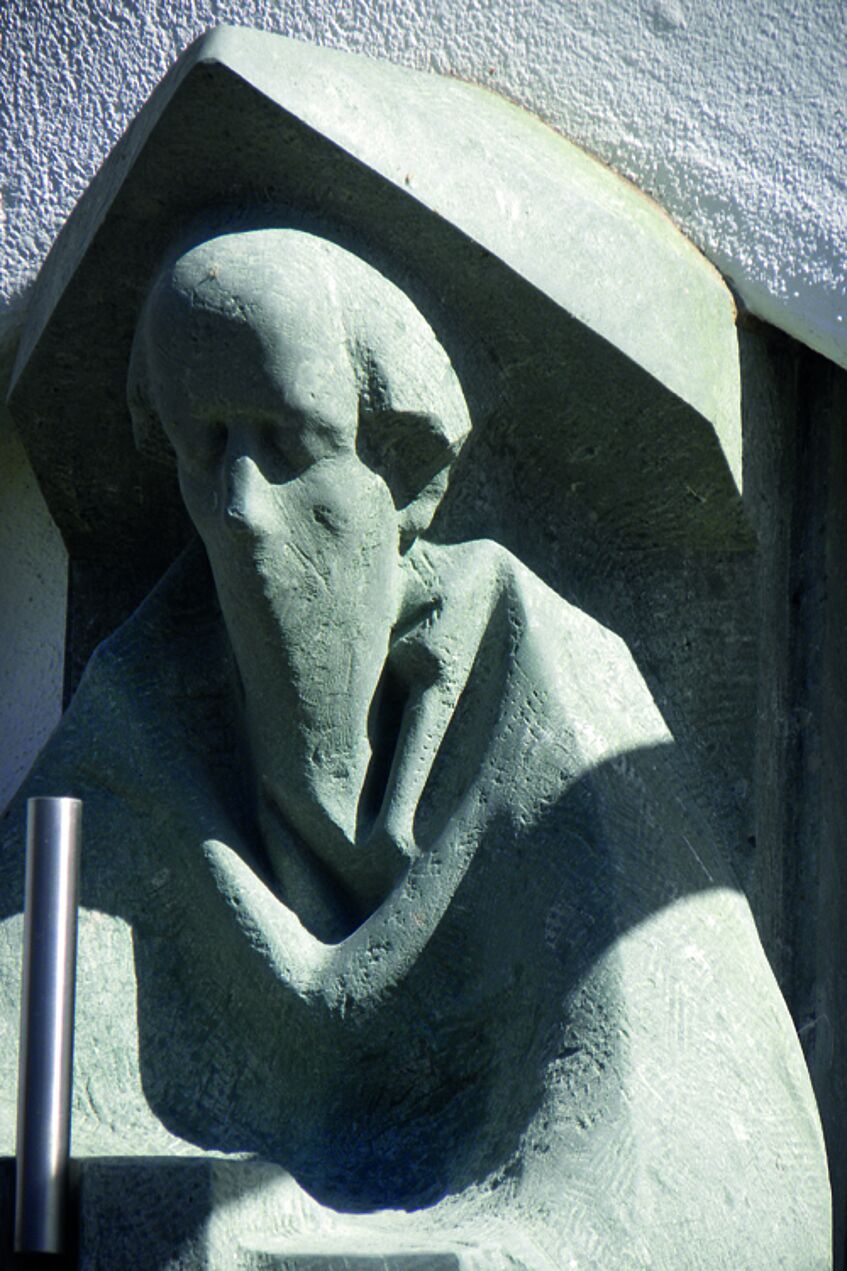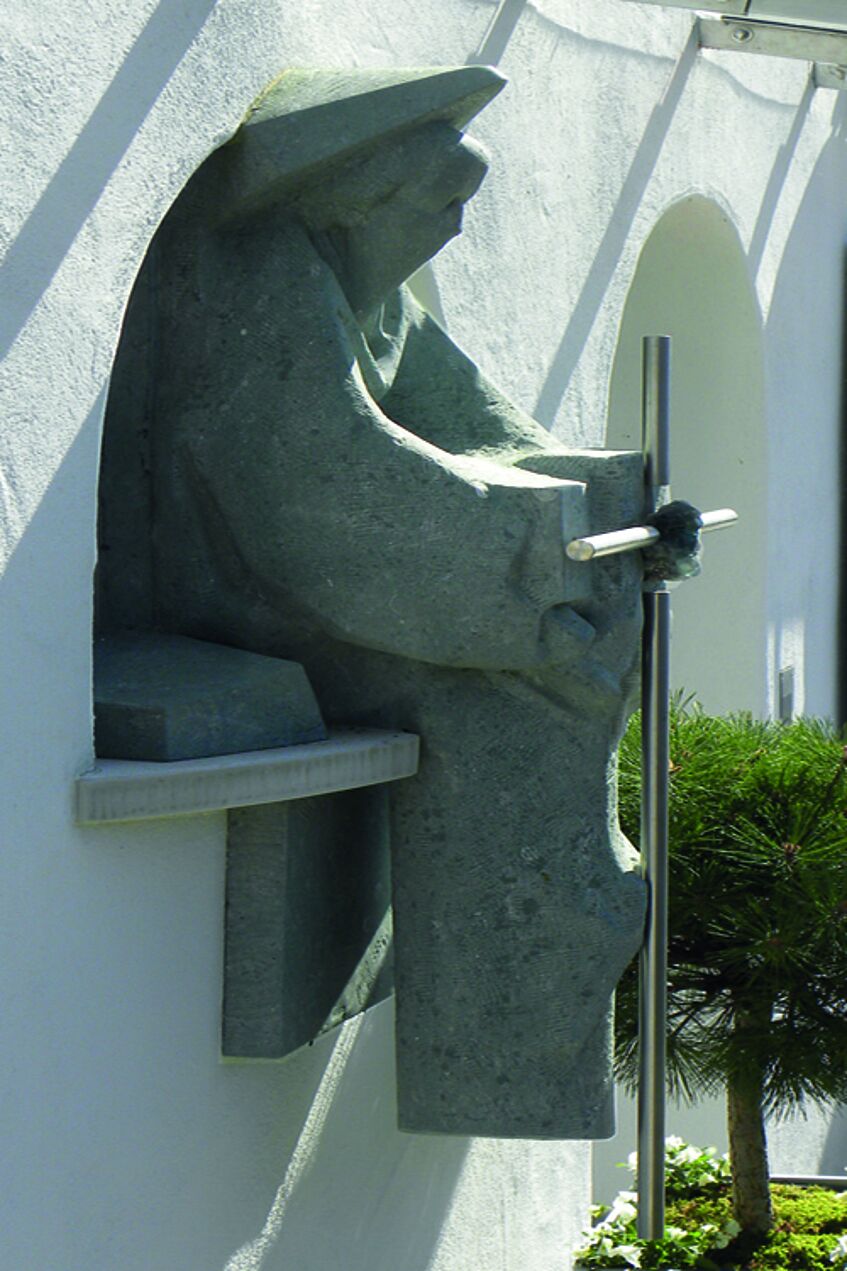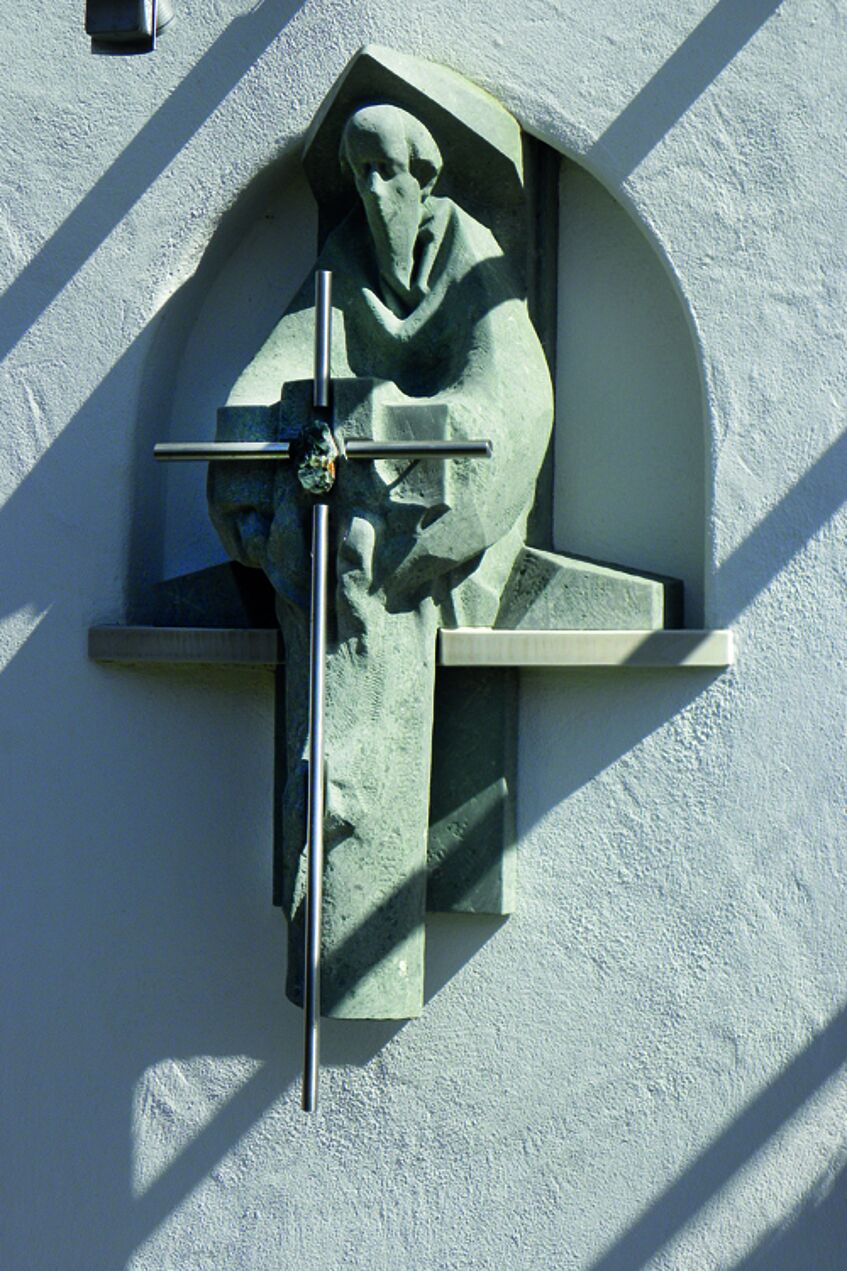Project Description
The main research questions will be: What does the Gospel of John say about God? This means: What does Jesus as “the only one who is God” say about God in the Gospel of John? Which images, motifs and tradition can be depicted? Which general aspects can be summarized in a synthetic approach analyzing (ho) theos in the Gospel of John? "Gottes-Rede" – that is Theo-logy in the strict sense of the word – has come less into view in New Testament scholarship compared to Christology, ecclesiology and pneumatology, soteriology and eschatology. The proposed project will focus on the Fourth Gospel as an example for a specific New Testament document and its statements on God.
For this purpose the Gospel’s present final form will be analyzed. The last verse of the Prologue (John 1:1-18) explicitly reveals Jesus as the exegete of the Father: “No one has ever seen God, (the) only one who is God, who is in the bosom of the Father, he reported/interpreted/revealed.” Assuming that the prologue functions as opening of the Gospel and therefore decidedly gives a reading guide, the words of Jesus concerning God ought to be examined, since they work on an intratextual level.
My thesis builds upon the assumption that John as well as the Johannine school very much present the God of the Old Testament as Jesus’ God, even though direct quotations of Old Testament texts are missing. Thus, John and the Johannine school depend to a large extent on the OT as a hypotext, perhaps even more than the Synoptics. Alongside with the OT as a hypotext, contemporary early Jewish, esp. Hellenistic, literature has to be taken into account, since images that can be found in those texts almost certainly might have influenced the editor/s of the Gospel of John.
Considering the most important images in the Gospel surely the I-am-statements are to be analyzed taking into account the assertions in 10:30 and 14:6b, 7, 9, which both depend on 1:18, these I-am-statements also need to be discussed, especially on their attitude towards the nature of God. Particularly, the origins of the images and metaphors of the seven classical I-am-statements shall be considered and what they reveal about God in John’sGospel. Furthermore, the most frequently used image of God in the Gospel of John, namely the image of God as father will be taken into account using also here the motif- and tradition- history.
A few special sayings about God will shade further light on the Johannine characterization of God (3:33; 4:24; 12:28).
This comprehensive study of relevant passages, images and metaphors should result in afull and synthetic view of “Gottes-Rede” in the Gospel of John.
Duration: 23.06.2014-02.04.2019



